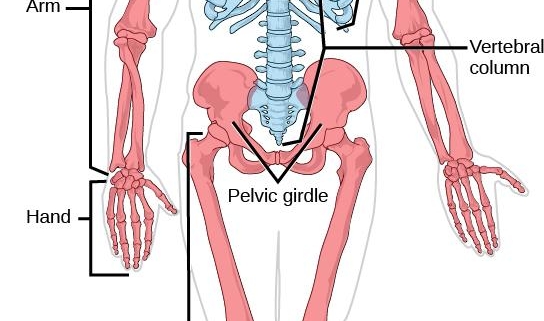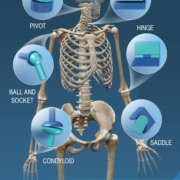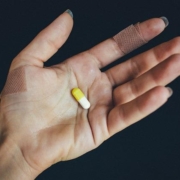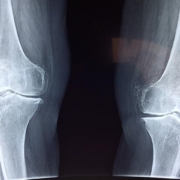Prevention is Key: Protecting Your MSK System from Injury and Disease
Prevention is Key: Protecting Yoru Musculoskeletal System from Injury and Disease
your musculoskeletal system (MSK) is your body’s support structure. It includes your bones, muscles, joints, tendons, ligaments, and cartilage. A healthy MSK system allows you to move freely, do everyday activities, and enjoy life. Preventing MSK problems is much easier than treating them, so let’s explore how you can keep your body strong and resilient.
Understanding the Importance of MSK Health
MSK health isn’t just about avoiding pain. It impacts your overall well-being. Problems with your MSK system can limit your mobility, affect your sleep, and even impact your mental health. By taking proactive steps to protect your MSK system,you’re investing in a healthier,happier future.
Building a Strong Foundation: Preventing Common MSK Issues
Several strategies can definitely help you prevent a wide range of MSK problems. Let’s break them down:
1.Exercise Regularly:
Why it matters: Exercise strengthens muscles, supports bones, and improves joint flexibility.
What to do: Aim for at least 150 minutes of moderate-intensity aerobic exercise (like brisk walking or cycling) or 75 minutes of vigorous-intensity aerobic exercise (like running or swimming) each week. Include strength training exercises for all major muscle groups at least two days a week.
Tips for success: Start slowly and gradually increase the intensity and duration of your workouts. Find activities you enjoy to stay motivated.
2. Maintain a Healthy weight:
Why it matters: Excess weight puts extra stress on your joints, increasing your risk of osteoarthritis and other MSK problems.
What to do: Combine regular exercise with a balanced diet to achieve and maintain a healthy weight.
Tips for success: Focus on whole, unprocessed foods like fruits, vegetables, lean proteins, and whole grains. Limit sugary drinks and processed foods.
3. Practice Proper Posture:
Why it matters: Good posture aligns your body correctly, reducing strain on your muscles and joints.
What to do: Stand tall with your shoulders back and relaxed. Sit with your feet flat on the floor and your back supported. Avoid slouching or hunching over.
Tips for success: be mindful of your posture throughout the day. Set reminders on your phone or computer to check your posture regularly.
4. Lift Properly:
Why it matters: Lifting heavy objects incorrectly can strain your back and other muscles, leading to injuries.
What to do: bend your knees and hips, keeping your back straight. Lift with your legs, not your back. Avoid twisting while lifting.
Tips for success: If an object is too heavy, ask for help. Use assistive devices like dollies or carts when possible.
5. Warm Up Before Exercise and Cool down Afterward:
why it matters: Warming up prepares your muscles for activity, while cooling down helps prevent soreness and stiffness.
What to do: Warm up with 5-10 minutes of light cardio, like walking or jogging. Cool down with 5-10 minutes of stretching.
Tips for success: Focus on dynamic stretches (stretches that involve movement) before exercise and static stretches (holding a stretch) after exercise.
6. Listen to Your Body:
Why it matters: Pain is a signal that something is wrong. Ignoring pain can lead to further injury.
What to do: Rest and avoid activities that aggravate your pain. If pain persists,see a doctor or physical therapist.
Tips for success: Don’t push through pain. Early intervention is key to preventing long-term problems.
7. Get Enough Calcium and Vitamin D:
Why it matters: Calcium and vitamin D are essential for strong bones.
What to do: Eat calcium-rich foods like dairy products,leafy green vegetables,and fortified foods. Get enough vitamin D through sunlight exposure or supplements.
Tips for success: Talk to your doctor about whether you need a calcium or vitamin D supplement.
Taking Control of Your MSK Health
Preventing MSK problems is a lifelong journey.By incorporating these strategies into your daily routine, you can considerably reduce your risk of injury and disease. Remember to listen to your body, be proactive about your health, and seek professional guidance when needed.
Additional Resources:
The American Academy of Orthopaedic Surgeons (AAOS): orthoinfo.aaos.org
* The Arthritis Foundation: www.arthritis.org
By prioritizing prevention, you can enjoy a more active, pain-free life and maintain a strong, healthy MSK system for years to come.









